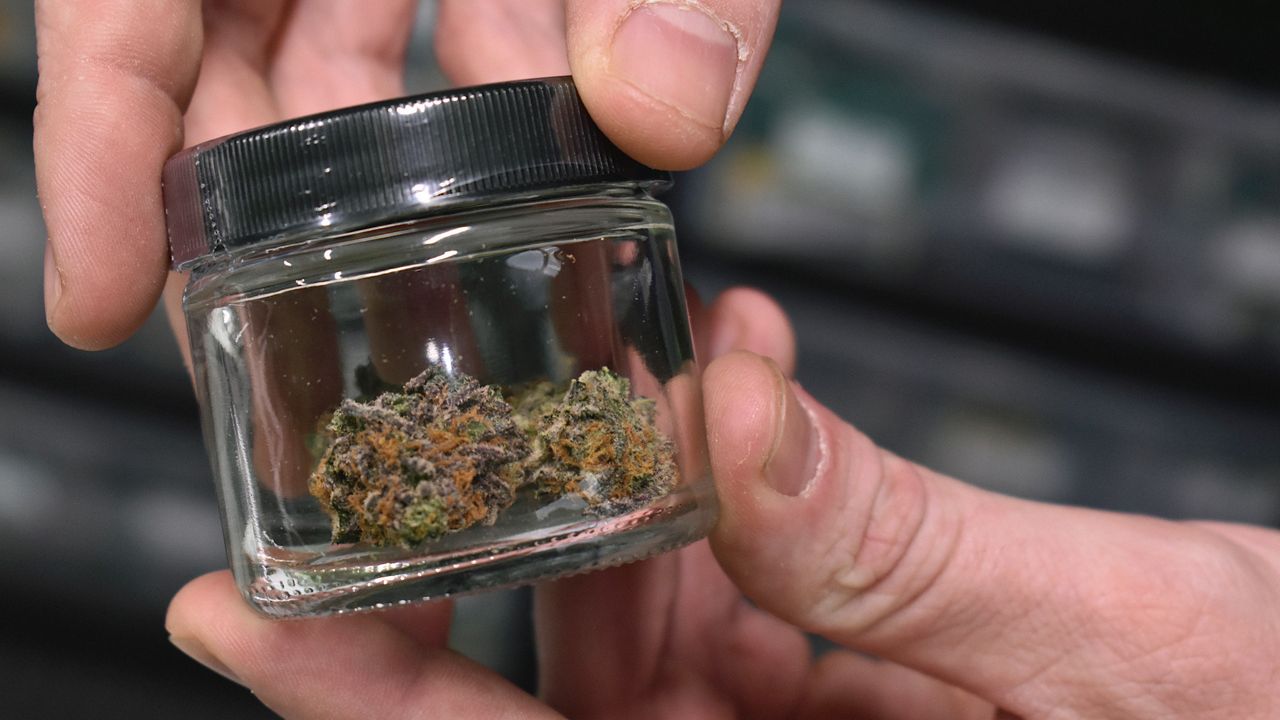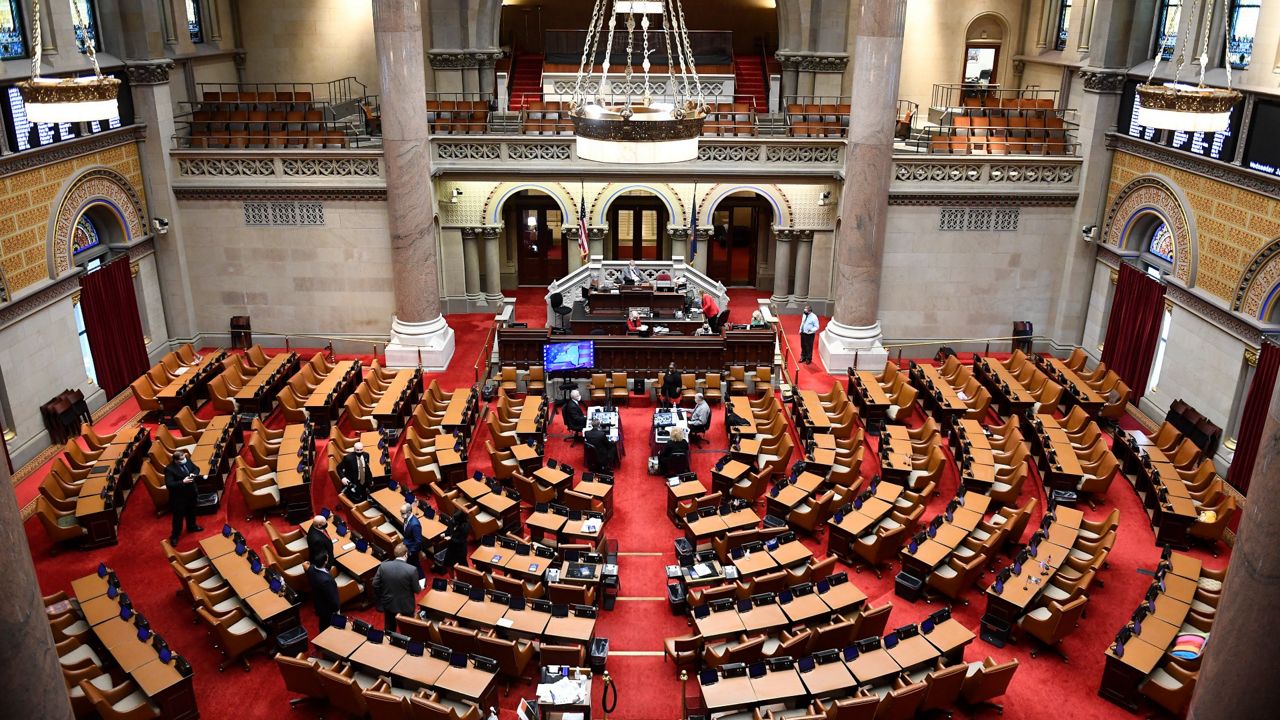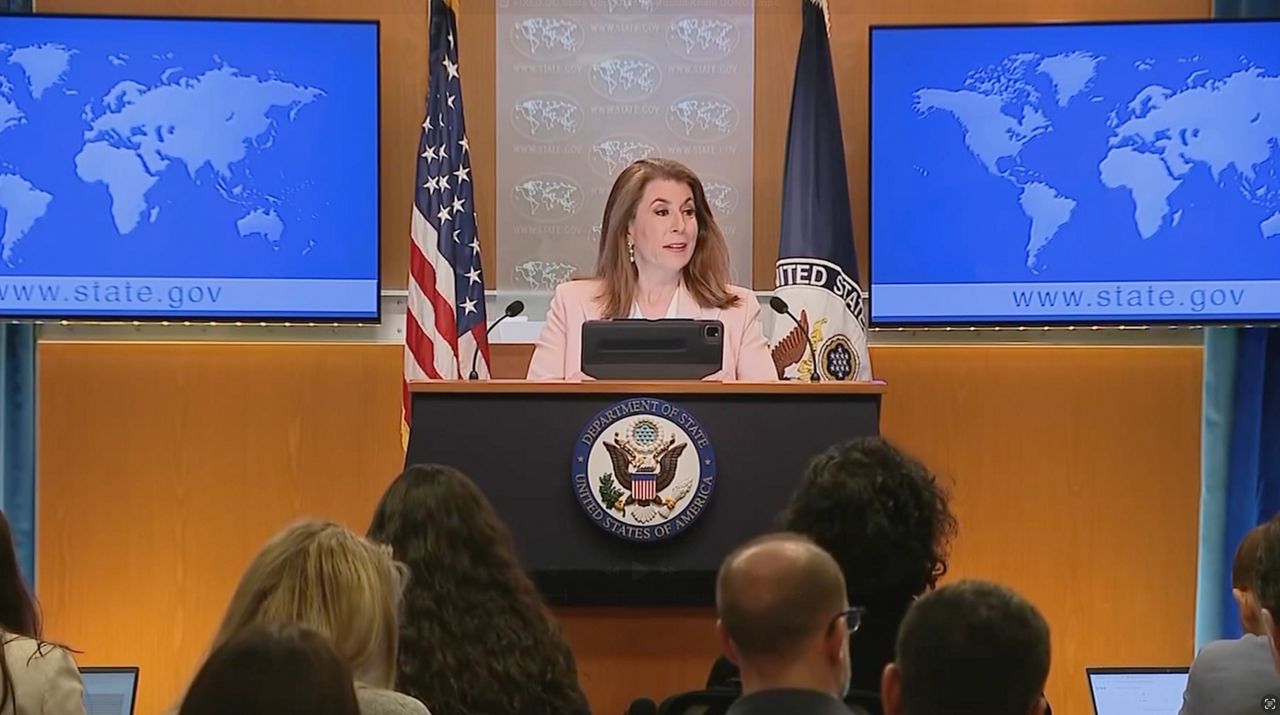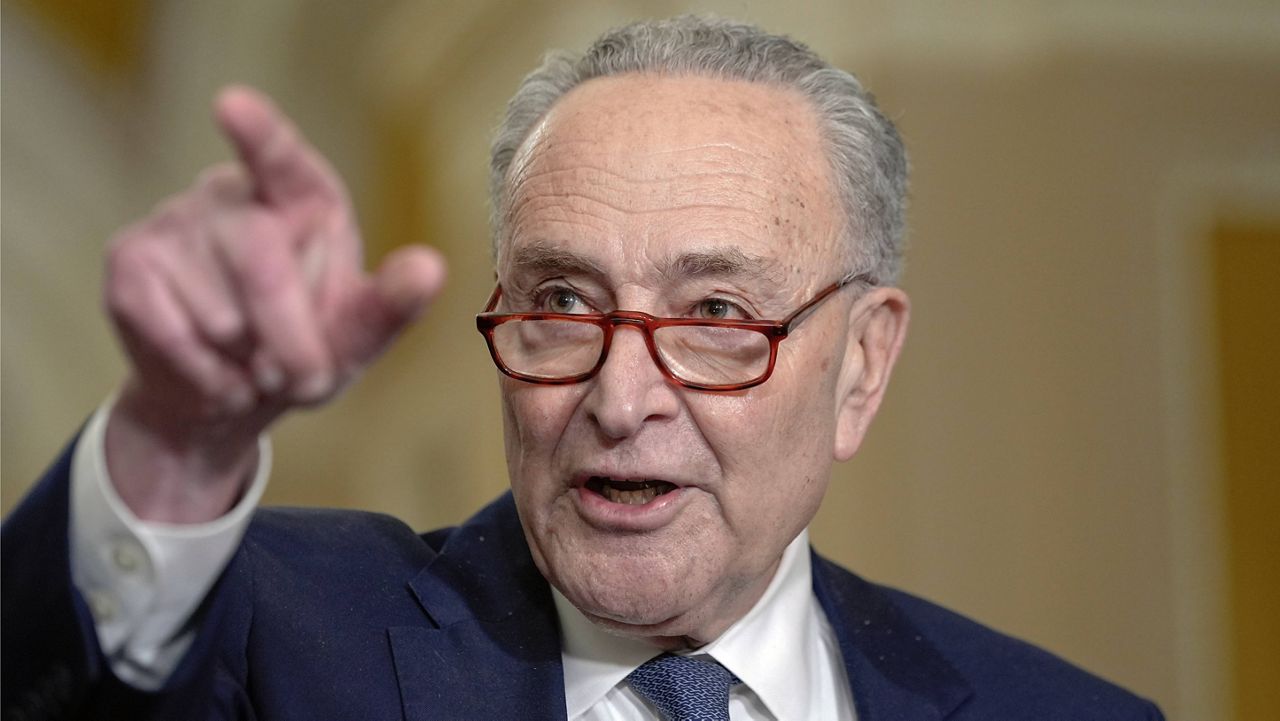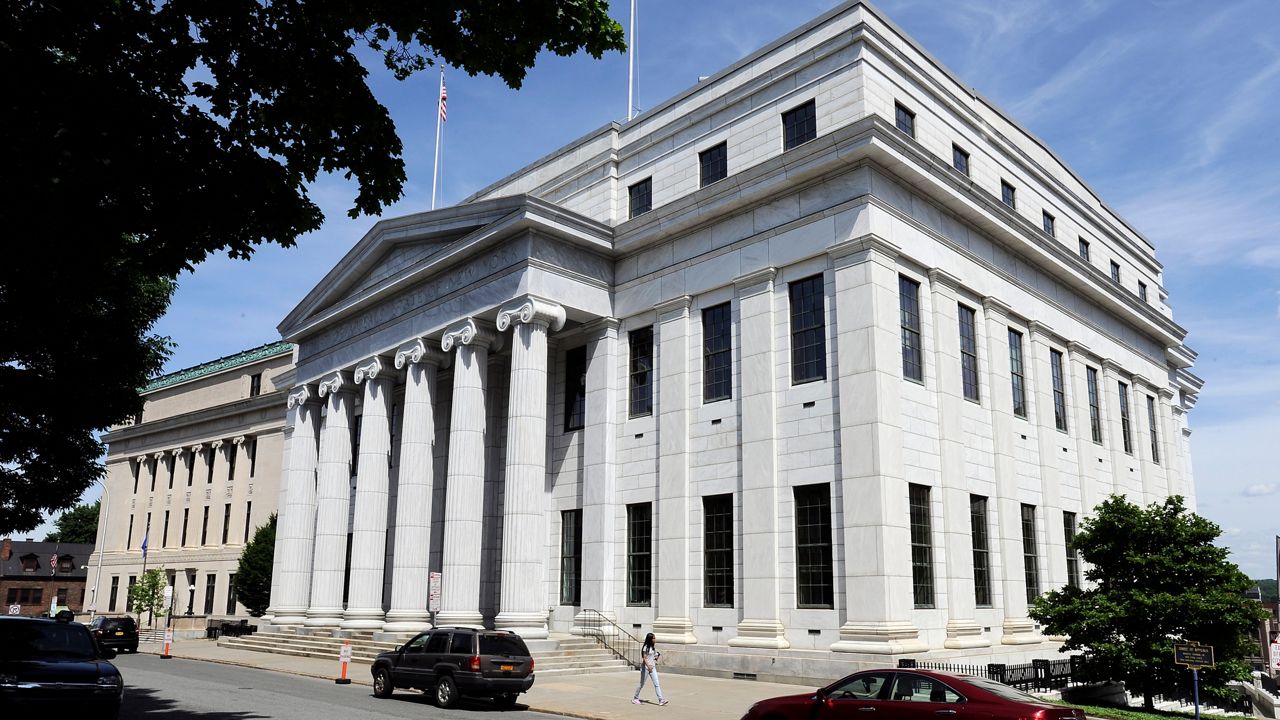As state lawmakers reach an agreement to legalize cannabis products in New York, the measure is being hailed by supporters as a sea change for a state once known for its severe punishment of drug dealers.
New York's drug policies have been nearly synonymous with the Rockefeller drug laws of the 1970s and the harsh penalties associated with selling even small amounts of drugs. And the laws have been blamed for a sharp rise in incarceration rates that has only recently started to decline.
But New York's drug laws have slowly liberalized, even as appearing tough-on-crime for any politician, regardless of party, has been baked into the state's political DNA for years.
The sentencing scheme first backed by Nelson Rockefeller has been periodically reformed over the years, first under Gov. Hugh Carey, and then by Gov. George Pataki and later Gov. David Paterson.
At the same time, New York's attitudes surrounding marijuana have changed, as well. The state in 2014 moved to allow medicinal marijuana for the very ill, a measure that garnered the backing of Republicans in the state Legislature.
Advocates of full legalization had contended it was only a matter of time before New York's laws fully changed.
"I think this is a major nail in the coffin of drug war policies that have had extreme racial disparities and horrific impacts across the state and really signaling it is time to do things differently and really address those harms," said Melissa Moore, the state director of the Drug Policy Alliance.
And also key for supporters has been a push to ensure smaller businesses would have access to what is expected to be a multi-billion dollar sector of the economy in the coming years.
"My understanding is the legislation will really center New York businesses, microbusinesses, people who don't have huge access to capital, will have a real feasible shot at building their businesses," Moore said.
Opponents like Kevin Sabet of the group Smart Approaches to Marijuana are now considering their next steps after the deal was struck in New York and bill could be voted on as early as next week.
"We're regrouping now with the PTA, with the Medical Society, with hospitals and other groups to see what can be done," he said. "I don't think the public health challenges have spelled out well by the proponents and how they're going to deal with it."
State lawmakers in 2019 moved a decriminalization measure through the Legislature after the broader legalization bill failed to gain support. Sabet's group supported that measure, and he argues a full legalization of marijuana does little to fulfill the stated goal of aiding communities affected by the war on drugs.
"We had decriminalization. That was really the de-escalation," Sabet said. "Major investors in New York are so thrilled by this because they're going to make a lot of money and the rest of us are going to be left out in the cold, especially vulnerable communities of color."




